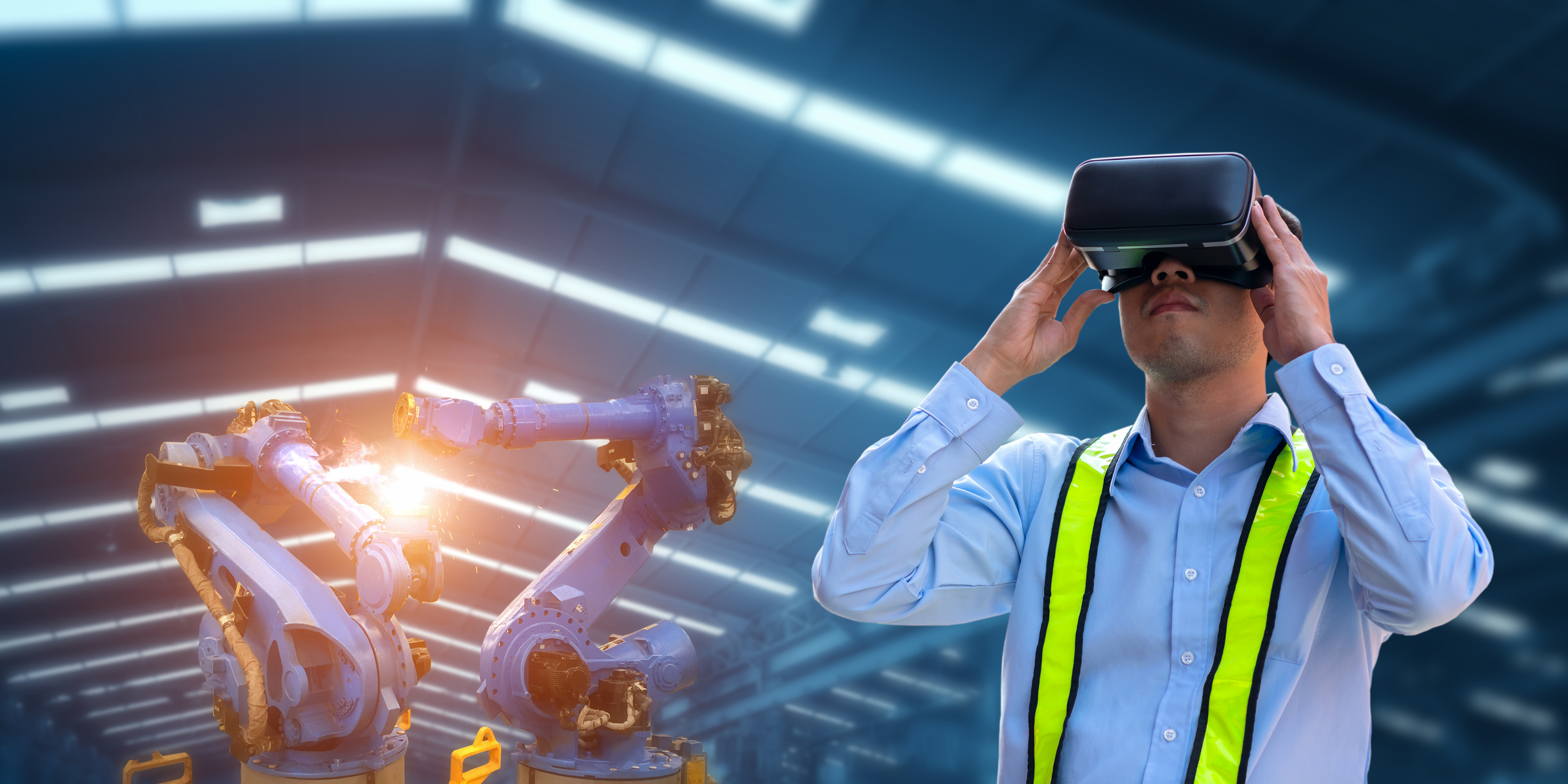Virtual Reality (VR) technology has rapidly gained popularity in recent years, offering consumers a wide range of immersive experiences beyond traditional entertainment. From gaming and education to healthcare and travel, VR has found its way into various facets of our daily lives. In this article, we will explore the diverse consumer use cases of virtual reality and how this groundbreaking technology is reshaping the way we interact with the world around us.
Entertainment Industry
One of the most prominent consumer applications of virtual reality is in the entertainment industry, where VR headsets allow users to enter virtual worlds and engage with content in a whole new way. From interactive gaming experiences to virtual concerts and movies, VR has revolutionized the entertainment landscape. Users can immerse themselves in lifelike environments and interact with characters and objects, creating a truly engaging and unforgettable experience.
Education and Training
VR has also made significant strides in the field of education and training, offering students and professionals the opportunity to learn and practice in virtual environments. From virtual field trips to historical landmarks to immersive medical simulations for aspiring healthcare professionals, VR has proven to be an invaluable tool for enhancing learning experiences. Users can engage with content in a hands-on manner, leading to better retention and understanding of complex concepts.
Healthcare and Wellness
Virtual reality has shown great promise in the healthcare sector, with applications ranging from pain management to mental health therapy. VR therapy has been used to help patients with phobias, PTSD, and anxiety disorders by exposing them to controlled virtual environments that simulate real-world scenarios. Additionally, VR has been utilized in physical therapy to aid in rehabilitation and improve motor skills. The immersive nature of VR can distract patients from pain and discomfort, making it a valuable tool in enhancing overall well-being.
Travel and Exploration
Virtual reality has opened up new possibilities for travel and exploration, allowing users to visit far-off destinations from the comfort of their own homes. VR travel experiences offer a unique way to immerse oneself in different cultures, landscapes, and historical sites, providing a sense of presence and connection that traditional travel cannot always offer. Users can explore the world in a 360-degree format, giving them a taste of adventure without ever leaving their living room.
Conclusion
As virtual reality technology continues to advance, the possibilities for consumer use cases are virtually endless. From entertainment and education to healthcare and travel, VR has the potential to revolutionize the way we experience the world around us. With its immersive and interactive capabilities, virtual reality is poised to reshape the future of consumer technology and provide users with experiences that were once unimaginable. Whether it’s exploring new worlds, honing new skills, or seeking relaxation and therapy, virtual reality offers something for everyone to enjoy.

